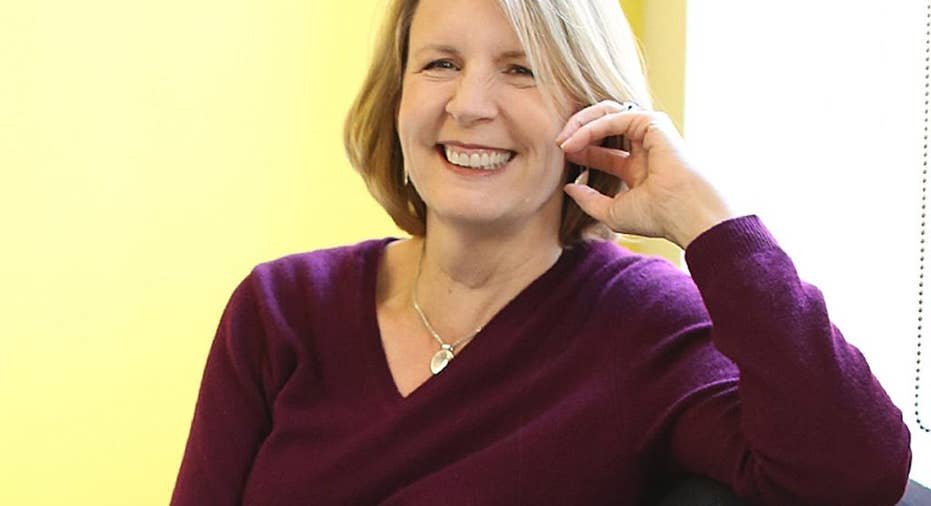Liz Weston: Retirement advice from retired financial experts

Most retirement advice has a flaw: It's being given by people who haven't yet retired.
So I asked money experts who have quit the 9-to-5 for their best advice on how to prepare for retirement.
They still faced curveballs when it was their turn. Making the right financial moves is important, they said, but so is getting ready mentally, emotionally and socially.
YOU CAN'T PLAN FOR EVERYTHING
A central retirement decision is when to do it. Working longer can reduce the odds of running out of money, but delaying retirement too long could mean missing out on the good health or companionship to fully enjoy it.
That trade-off came home to financial planner Ahouva Steinhaus of San Diego when her life partner, Albert, died suddenly last year, just before she was scheduled to hand over her business.
Steinhaus, 69, says she's grateful she's not working now, while grieving the loss, but still wonders what might have been if she'd started the process of selling her practice earlier.
"You can't know those things," Steinhaus says. "It's a balance between wanting to make sure that you have enough socked away that you feel confident that you're going to be OK, and not wanting to spend the rest of your life working."
What helps, Steinhaus says, is having many supportive friends and projects. She's remodeling her kitchen after wanting to do so for 18 years, and she's active in various causes, including San Diego EarthWorks . She also knows from having watched her clients and friends that adjusting to retired life can take a while.
"It does seem like a lot of people do cast around a bit after they retire to figure out what their life is going to look like," Steinhaus says.
GET YOUR RETIREMENT HOUSE IN ORDER
Theoretically, you can get a better return investing your money than paying off a mortgage. In reality, your biggest asset in retirement could be a paid-off, appropriately remodeled home that allows you to age in place, says financial literacy expert Lewis Mandell, emeritus professor of finance at the State University of New York, Buffalo.
Not having a mortgage allows you to withdraw less from your retirement accounts, which could make them last longer, and your equity could be a source of income later through a reverse mortgage, says Mandell, 73, who wrote his latest book, "What to Do When I Get Stupid," after moving to Bainbridge Island in Washington.
If you plan to relocate, spending time in your new community before you retire can help you acclimate. Financial planner Bill Bengen and his wife, Joyce, at first divided their time between their home in San Diego and their vacation house in La Quinta, California. They wound up moving five years before they retired.
"We feel plugged into the community now," says Bengen, 69. When moving to a new area, he says, "it's strange: You don't know anybody, you don't know the ropes. Now we're part of the ropes."
FIND AN OBJECTIVE ADVISER
Bengen has not one but two advisers: an investment manager and a financial planner. He appreciates their objectivity — and the fact that he doesn't have to fret over the details.
An objective review of your retirement plans is crucial before you retire, since the decisions you make in the years immediately before and after may have irreversible consequences, planners say. A too-large withdrawal rate, for example, can increase the chances of running out of money. (Bengen should know: His research led to the "4 percent rule" widely used in financial planning to determine sustainable withdrawal rates.)
FIND WAYS TO STAY CONNECTED
Peggy Cabaniss of Moraga, California, learned from retired clients that staying active in a field where you're recognized can help prevent the feeling that you've lost part of your identity.
"It's really easy to become a nobody," says Cabaniss, 72.
Cabaniss counsels other planners about selling their businesses, serves on the boards of three nonprofits and works on a committee that encourages more women to become financial planners.
Cabaniss' big surprise is how much she's enjoying her new life. Before she retired, Cabaniss thought her work wasn't stressful, because she loved it. Within a few months of selling her practice, though, she noticed her shoulders were in a new position — down where they should be, instead of tensed up around her ears.
"I didn't realize that I felt such a great deal of responsibility," Cabaniss said. "Now my kids say, 'Mom, you look so happy.'"
This column was provided to The Associated Press by the personal finance website NerdWallet .
_______
Liz Weston is a certified financial planner and columnist at NerdWallet. Email: lweston@nerdwallet.com . Twitter: @lizweston.
RELATED LINKS:
NerdWallet: Retirement Planning: https://nerd.me/2ibGlO1
CNN Money: Should you follow the 4% retirement rule?: http://money.cnn.com/2016/04/20/retirement/retirement-4-rule/



















